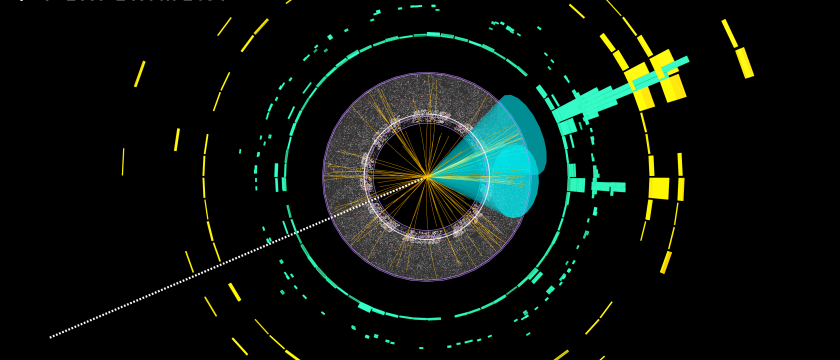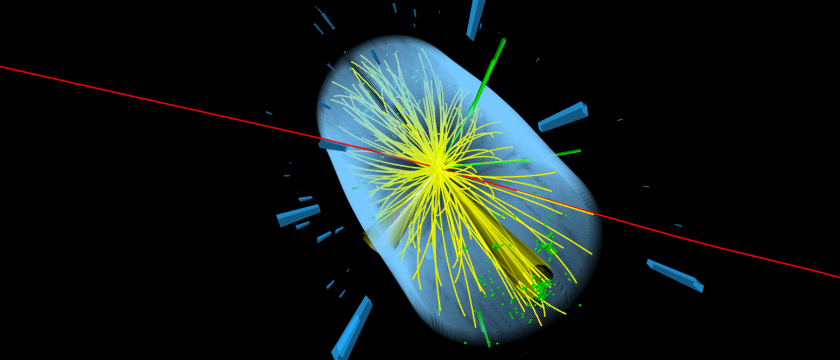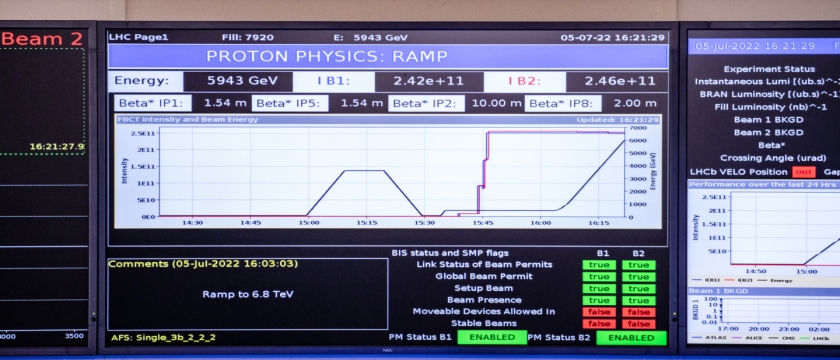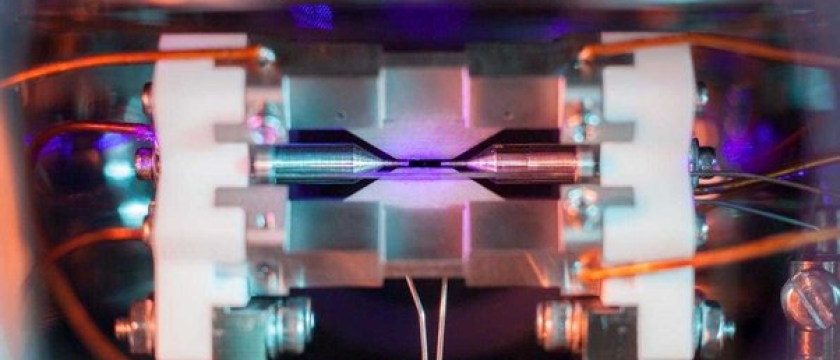Archive
Newsletter Articles
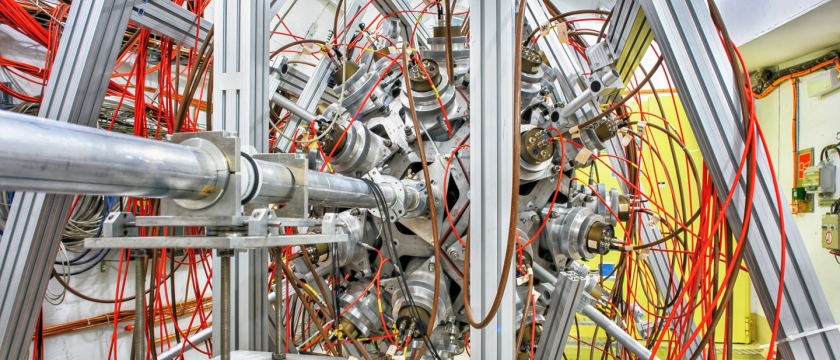
…
December 2022 - February 2023
The outcome of the first year of data-taking after LS2 [1] was fruitful for n_TOF. The long beam-on period, along with the establishment of a third experimental area, the NEAR Station, resulted in a wealth of new experimental data taken at the…
Read MORE
…
September 2022 - November 2022
… to make an end is to make a beginning. The end is where we start from. T.S. Eliot, Little Gidding You might think that particle physics has accomplished its goals with the discovery of the last piece of the Standard Model jigsaw puzzle, the…
Read MORE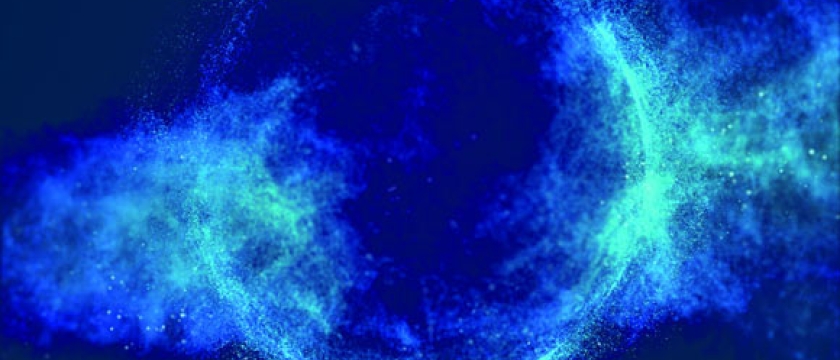
…
September 2022 - November 2022
On the 4th of July of 2022 we celebrated the 10th anniversary of the end of decades-long search for an experimental confirmation of the BEH mechanism, and the start of a new era. With the discovery of the Higgs boson, the last unknown fundamental…
Read MORE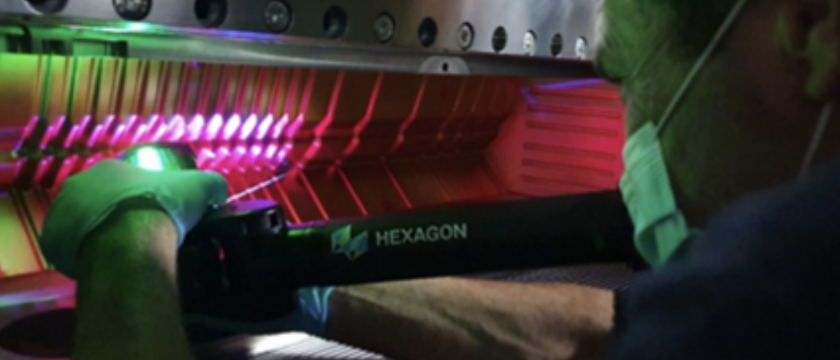
…
September 2022 - November 2022
The mandate of the Detector Technologies (DT) group in the Experimental Physics department covers development, construction, operation and maintenance of particle detectors for CERN experiments. Last year showed great progress on several projects…
Read MORE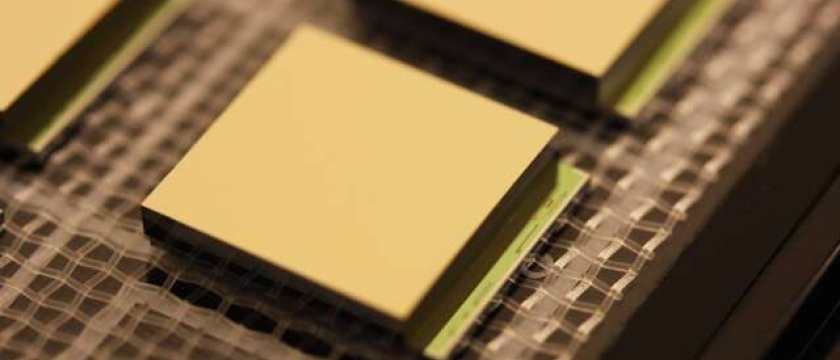
…
September 2022 - November 2022
A dedicated workshop on Medical Applications of Spectroscopic X-ray Detectors took place at CERN from 29th August - 1st September. It brought together more than 100 participants from a variety on institutions including prestigious medical…
Read MORE
…
September 2022 - November 2022
The Macro-Pixel ASIC (MPA) and Short-Strip ASIC (SSA) are the new read-out chips used to process particle hit signals of pixel and strip sensors in the upcoming CMS Outer Tracker of the High-Luminosity LHC Upgrade (HL-LHC). The two chips are…
Read MORE
